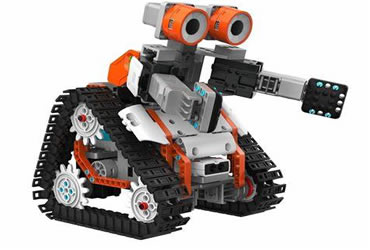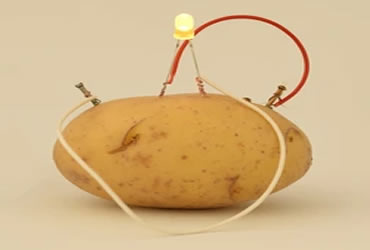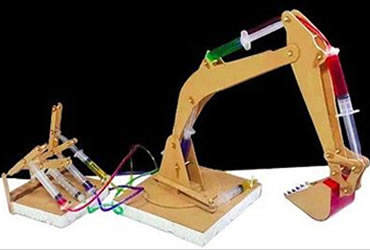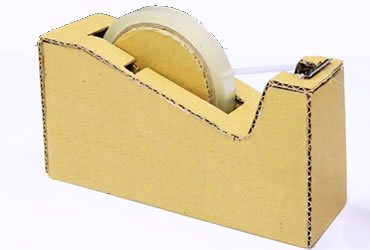About Stem Innovators ::
Tomorrow Innovators is a kenyan enterprise that seeks to grow interest and knowledge of stem education in kenya. We are a team of dedicated young kenyans with experience in simple realistic stem projects that students of all ages will not only enjoy doing but learn a lot from..
- MISSION
Our mission is to facilitate every student with material needed to develop interest and knowledge in the stem fields and also a platform to showcase their talent as budding scientists and researchers of the future.
VISION
Our vision is to ensure that all students acquire knowledge, skills and confidence necessary to solve current and future problems using the scientific method.
WHAT IS STEM EDUCATION?

STEM Education, simply means educating students in four specific disciplines, namely, Science, Technology, Engineering, Mathematics (and art). These fields share an emphasis on innovation, problem-solving, and critical thinking. STEM combines all these disciplines in an interdisciplinary and applied approach, to better equip students to find solutions for real-world needs.
STEM education bridges the gap between the classroom and real life.
HISTORY OF STEM:
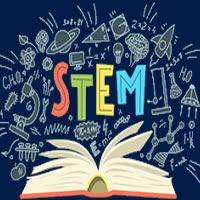
The STEM acronym was introduced in 2001 by science administrators at the U.S. National Science Foundation (NSF). The organization used the acronym SMET, and later STEM when referring to the career fields or a curriculum that integrated knowledge and skills from those fields.
ART is also incoporated in stem education and can be abbreviated as STEAM
Due to its effectiveness, STEM-focused curriculum has been extended to many developed countries beyond the USA.
IMPORTANCE OF STEM:

STEM focuses on teaching skills and subjects in a way that resembles real life and can be applied to solve real world problems. Stem Promotes:
- Critical thinking
- Independent learning
- Great communication and collaboration
- Digital literacy
- Problem-solving
- Creativity
- Self-reflection.
- Interest in pursuing science courses and careers
RIGHT AGE TO START STEM:

From early childhood,STEM learning fits in every grade level because the content is adaptable to the developmental age of the child. It’s never too early (or too late) to start learning STEM concepts, With the right resources and engaging activities, kids can start their STEM adventure at any age.
Every child is a natural scientist. Their minds are always searching and questioning. The problem is how to remain a scientist; which largely depends on the support and guidance they get.
